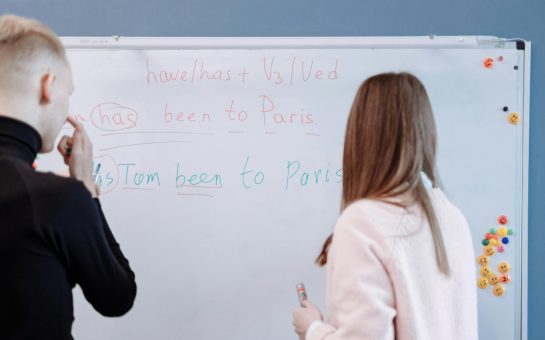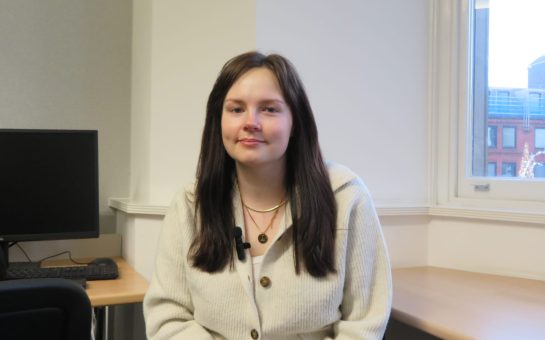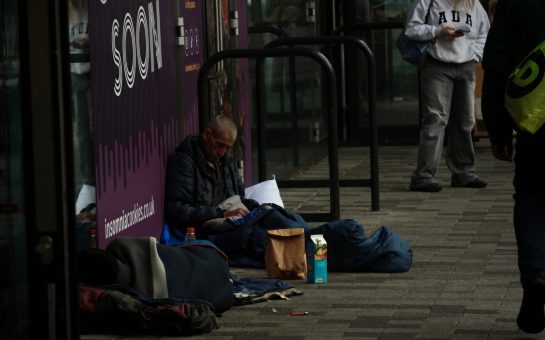Manchester shows a ‘strong example’ of migration prosperity says a North West MEP, after the Home Secretary announced that high immigration makes it ‘impossible to build a cohesive society’.
Addressing the Conservative party conference in Manchester, Theresa May said that refugees should not be conflated with economic migrants, who ‘force wages down and people out of work’.
The home secretary added that control is needed as schools, hospitals and core infrastructure including housing and transport cannot cope.
Afzal Khan MEP, a member of the foreign affairs and budget committee, believes that there is a struggle to manage the influx of migrants because of ‘terrible’ disorganisation within institutions.
He told MM: “What we’re seeing is that we’re not dealing with them [asylum seekers, refugees] in a managed manner. Otherwise we wouldn’t end up with the problems we’ve had on housing, healthcare and jobs.
“Manchester is a strong example of the issue of community cohesion. Look at the prosperity which we are seeing here. The regeneration of jobs, community, richness in diversity. It’s all enhancing.
“But of course, if you don’t manage properly then it creates pressure on the public services.
“If you don’t plan properly and then throw a lot of people into a small area, how are they going to manage with school places, doctors and the social needs that people have?”
Mrs May argued that there will be a ‘register of people and organisations that can provide houses for the settlement of refugees’, as well as funds for local services.
Mr Khan said in response: “This is again where they’ve been failing. They say that now, but let’s see it? All our ideas were there before.
“There wasn’t control, they just put a lot of people in the north side or some of the shires. It’s a complex issue.”
The home secretary revealed plans to renew her pledge to cut net migration below 100,000, after it rose to a record 330,000 per year despite preventative attempts.
The concept of the ‘safe return review’ was introduced, with the intention of offering ‘asylum and refuge to people in parts of the world affected by conflict and oppression, rather than those who have made it to Britain’.
This would mean that when a refugee’s temporary stay of protection the UK comes to an end, or if there is ‘a clear improvement in the conditions of their own country’, they will review their need for protection.
If the conditions in their home country improve, they will be returned.
Mr Khan believes that such a policy ‘wouldn’t be a problem’ but will have to be managed accordingly after ‘terrible’ organisation.
“Ultimately, people come to asylum in Britain because there is an issue,” he said. “If the issue has been removed then there’s no reason why people might not want to go back.
“There is a need however for the control of immigration on one side, and then the individual’s ties to the area of where they come from.
“Some of these asylum cases because we’ve been so terrible at handling them they’ve been here eight to 10 years, and so naturally they’ve got their routes here – friends and family.
“So I suppose each case would have to be looked at to manage them. But from a policy point of view I wouldn’t have an issue.”
On the topic of economic migrants and refugees, Mr Khan added: “I think it can be difficult to separate the two. A refugee would also be an economic migrant because they will need economic help as well. So I think it’s an unnecessary split.
“Economical migrants aren’t a bad thing, they actually bring wealth to the area where they move. Look at the graphene material which was founded in Manchester.
“Both of the makers, who are they? They’re basically both immigrants. They were a connection from outside.”



